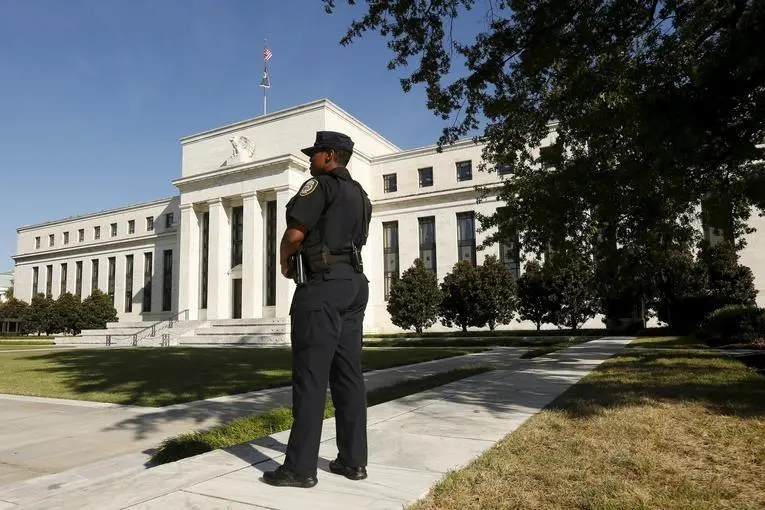PHOTO
Despite a year of aggressive rate increases U.S. central bankers "haven't made much progress" in returning inflation to their 2% target and need to move interest rates higher still, Federal Reserve Governor Christopher Waller said on Friday.
Important measures of underlying inflation have "basically moved sideways with no apparent downward movement," Waller said in remarks that continue the Fed's steady discounting of the immediate economic risks posed by recent bank failures.
Though Waller said it remains unclear whether bank stress would lead to an unexpected tightening of lending and credit and slow the economy more than needed, the apparent stability in financial markets showed the Fed was right to raise rates at its last meeting and keep the focus of monetary policy on fighting inflation.
"Monetary policy needs to be tightened further. How much further will depend on incoming data on inflation, the real economy, and the extent of tightening credit conditions," Waller said in remarks prepared for delivery at the Graybar National Training Conference in San Antonio, Texas.
BANKING SYSTEM STABLE
Since the failure of Silicon Valley Bank on March 10, the Fed has been studying financial and credit markets to see if contagion was taking hold.
So far, Waller said it appeared that emergency steps taken since then "appear to have been successful in providing stability to the banking system," a conclusion that appears broadly shared by U.S. central bankers.
That has left the Fed free to set monetary policy based on the behavior of the economy and inflation, with a further quarter percentage point increase in the target federal funds rate expected at the upcoming May 2-3 meeting. That would lift the fed funds rate to a range of 5.00% to 5.25%.
So far, Waller said, he sees both the economy and inflation remaining stronger than he expected.
"Economic output and employment are continuing to grow at a solid pace while inflation remains much too high," Waller said, noting that investors should not expect rates to fall any time soon.
"Monetary policy will need to remain tight for a substantial period of time, and longer than markets anticipate," he said.
(Reporting by Howard Schneider; Editing by Dan Burns)





















